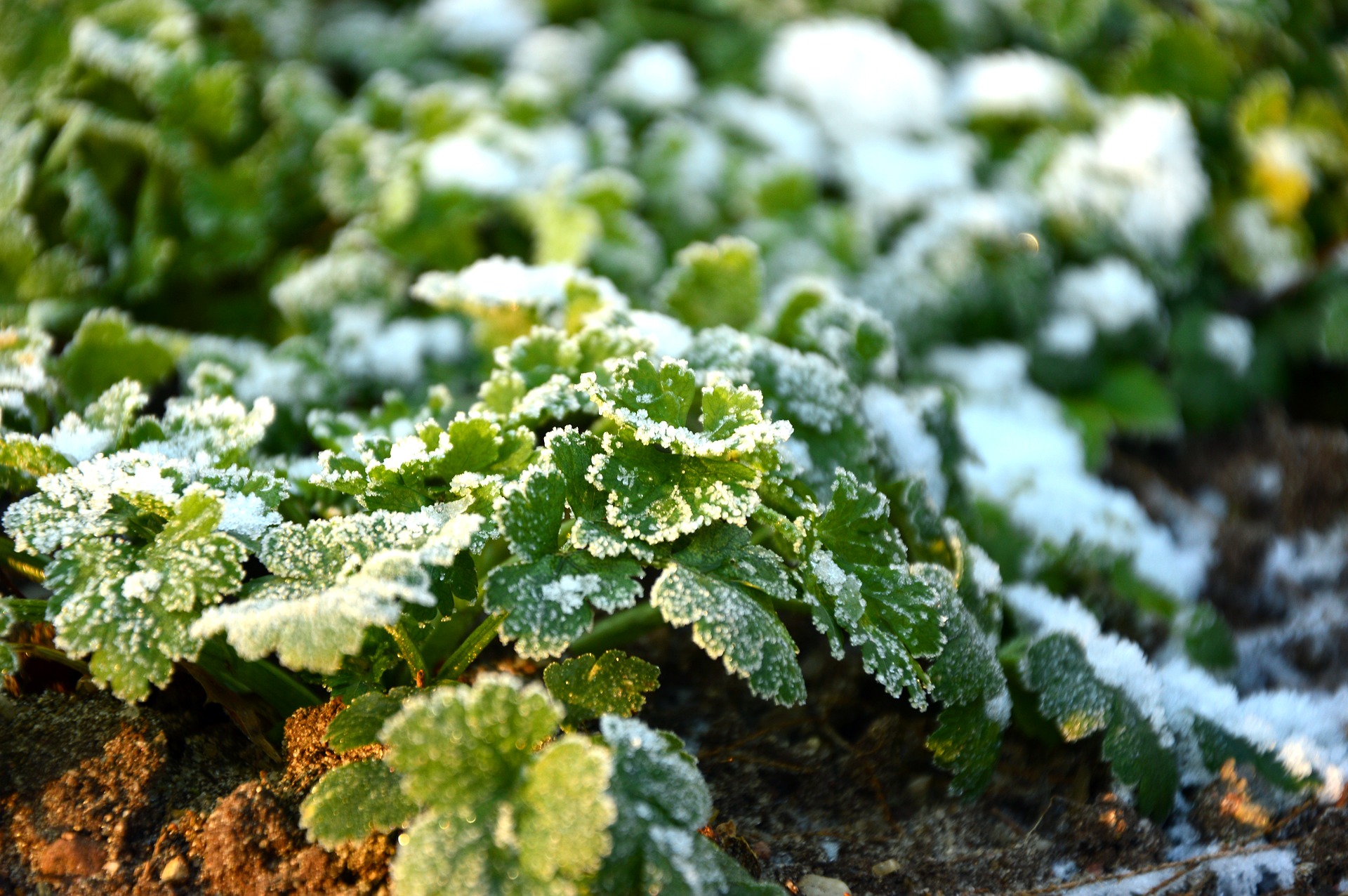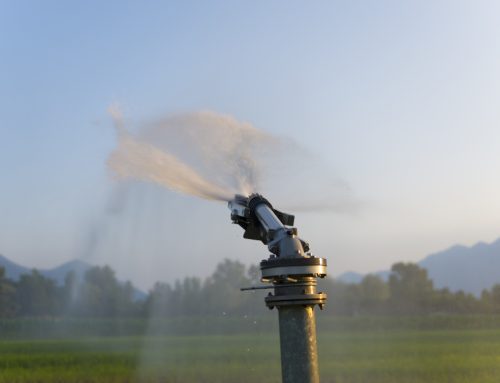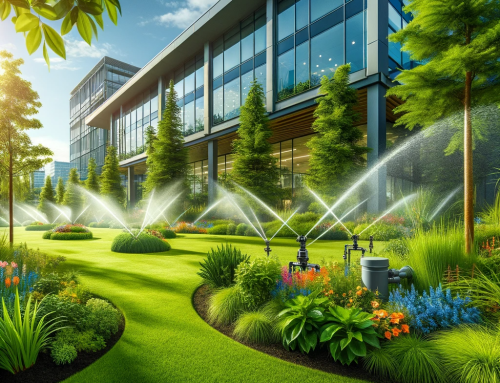We’re in October, meaning it’s pretty close to winter.
That’s why in this article, we’re going to take a look at our top 7 winter gardening tips to help you prepare for the colder part of the year. We know this may be a little early, but it’s always better to prepare in advance than dealing with winter too late when the damage is done.
1. Continue To Plant
Our first tip is to continue to plant. If the ground is soft enough that you can dig a hole, then there is no reason to stop planting.
If you’re not quite sure what to plant, here’s a list of our favorite vegetables for winter:
- Beets
- Garlic
- Cabbage
- Carrots
- Onions
- Peas
2. Add Mulch & Compost
Mulch is very useful in winter, as it helps you keep the root temperatures stable.
The same goes for compost which supplies organic nutrients to your soil allowing your plants to grow healthy.
3. Prevent Slippery Paths
Our next tip isn’t so much about helping plants grow or protecting them, but instead keeping your garden safe for you.
In Winter, leaves, and snow often pile up on pathways.
When this happens it can often make the paths quite slippery. You can rake up all your leaves to prevent slippery paths and keep them to use as compost.
4. Protect Flowering Plants
Most plants will survive the cold of the winter. However, flowering plants like camellias have blossoms that struggle a little.
If their buds are swollen, the cold temperature can damage their buds. Sometimes, in extremely cold temperatures, the entire bud can freeze and fall off from the plant.
You can avoid this happening by covering plants that have buds or open flowers with an old sheet. Although you should note that you should avoid using plastic as when the sun is shining, it can quickly heat up and also damage your plants.
Another method would be to cut the buds off and bringing them inside of your house. This will let the buds open inside. If the temperatures are only cold before the buds have set, then you don’t need protective covering.
5. Keep Watering Your Plants
Sometimes gardeners think it’s okay to stop watering their plants during winter.
This is not true unless the ground is covered with snow. When the ground is dry, you still need to water your plants deeply at least once a week. Especially, plants that you only planted quite recently need regular deep-watering.
6. Don’t Fertilize
Winter is the time of the year that lets your plants rest. If you were to fertilize your plants during this time of the year you are interrupting this period of rest.
And, more importantly, it can also kill any future growth of your plants. This is something that you should always avoid, as it will do more damage than good.
Let your plants rest, as they naturally would.
7. Bring In Houseplants
Our next tip is to bring in houseplants to protect them.
When you bring them in, you should be spraying both sides of the leaves thoroughly using an insecticidal soap and also water. This is a measure you should take to kill any hitchhiking critters.
Also, when you are choosing a location for your houseplants make sure to choose one where they will receive (indirect) bright light for at least 5 hours per day.
Keep them away from any heaters as most houseplants do not grow in winter. As mentioned earlier, this is usually the time where they rest.
Extra Tip:
This final tip isn’t so much about your garden, but it could be useful too. In Winter, you’re not going to use your equipment as much, so it would make sense to polish them during this part of the year.
You can clean them, sharpen them and reorganize them, making sure that they are ready for when you next need them.








azithromycin price